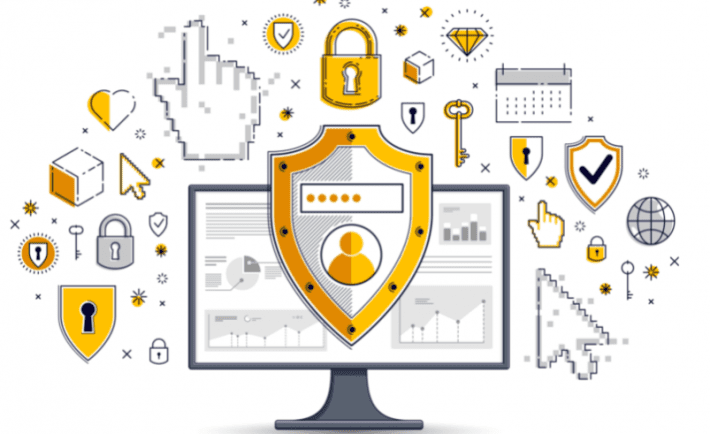
In our data-driven world, security should be a high priority for businesses of all sizes. It has now been some years since data became the world’s most valuable resource, and every enterprise has sensitive data at risk from attacks.
Threats increase with every new year, and the disruptions of the COVID-19 pandemic have given cybercriminals more opportunities to exploit and wreak havoc. The challenge for security teams is almost insurmountable, and attacks like ransomware are increasing in both frequency and severity.
Fortunately, with the implementation of some best practices that are closely followed, the risks can be kept to a minimum.
With security as a leading concern, finding external assistance with IT matters is often the best policy. Mustard IT provides IT support to London businesses looking for fast and effective solutions exactly when they need them.
Start with a security policy

Although security can be applied on an ad-hoc basis, it’s important to ensure there’s a larger plan and everyone is on the same page.
Every aspect of the organisation needs to be considered when security solutions and practices are deployed, because any inconsistencies can lead to security leaks. This means the security must be clear and strictly followed, regularly updated, and with the contribution of key stakeholders and employees at all levels. A clear policy can also help at the time of audits and for meeting compliance.
Use multi-factor authentication
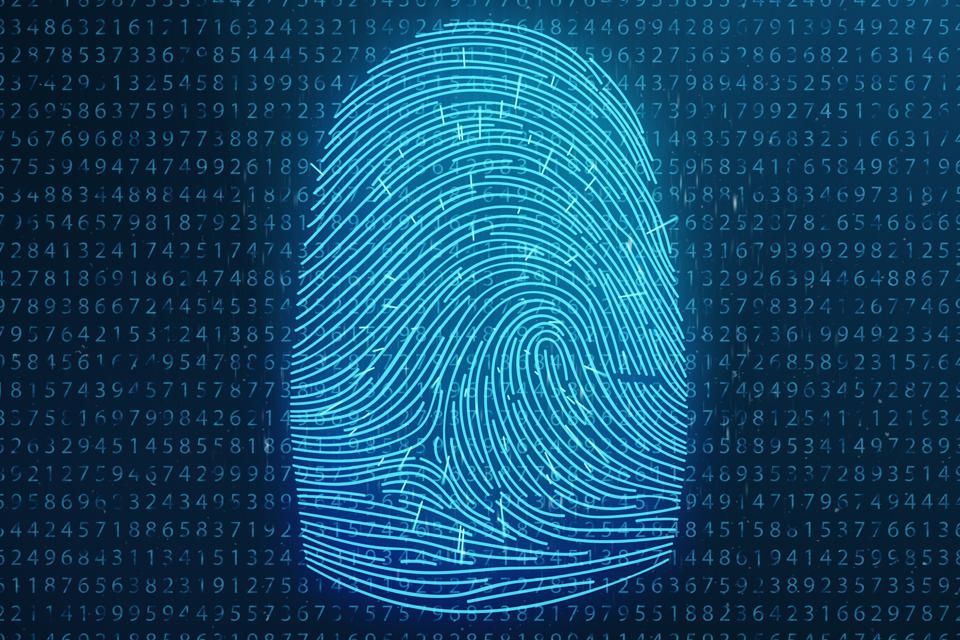
As a common technique that hackers use to breach networks, its essential authentication is kept at a maximum level.
Right now, that’s with multi-factor authentication (MFA) which requires users to provide extra factors for authentication, such as by using an additional device or personal information. Just having one more step in the process makes it significantly more difficult for attackers to break through, so this measure should always be followed as a standard practice.
Limit access

In Identity and Access Management (IAM), the Principle of Least Privilege (PoLP) is the idea that access privileges for users, applications, or processes should be kept to the absolute minimum required to complete their functions.
This rationale ensures that unnecessary privileges aren’t granted by default and there’s less chance of data leaks and data breaches. PoLP can be implemented by carrying out a privilege audit, justifying privileges as they are needed, separating privileges, and making all individual actions traceable.
Use a password manager
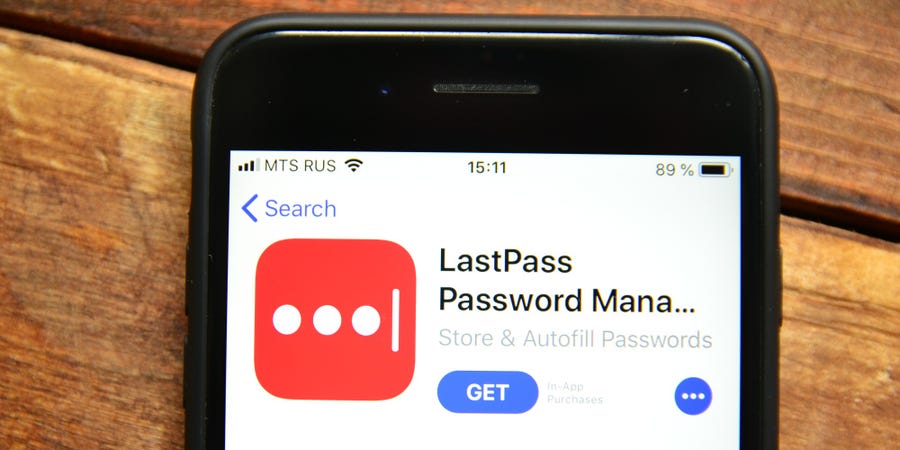
Weak passwords were the cause of as many as 30 percent of ransomware attacks in 2019, which is enough to make any security professional think.
It’s no longer acceptable to use the same passwords again, make them easy to guess, or share them with colleagues or vendors. Unfortunately, all these habits are still common, which means a strict regime of best password practices needs to be enforced.
The easiest way of doing this is by using one of the popular password manager solutions available, such as LastPass or Dashlane.
Use a VPN
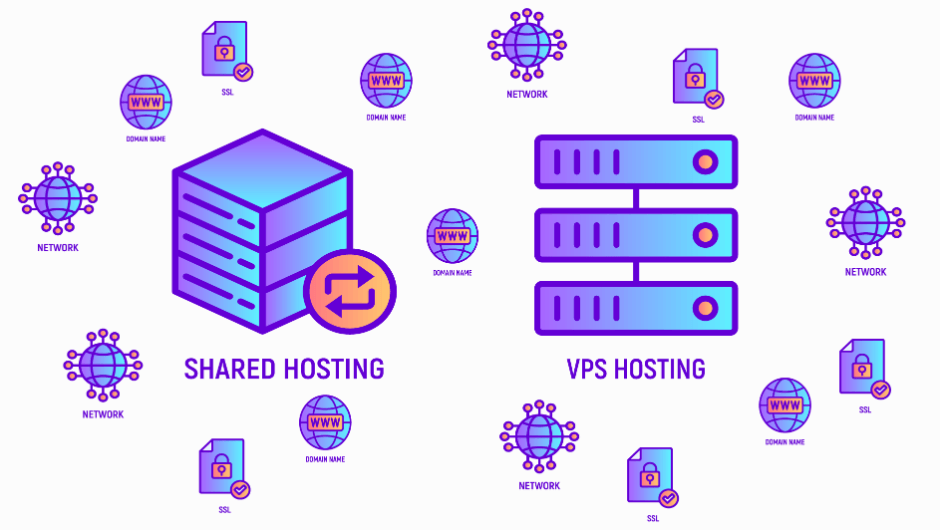
A much higher number of professionals are now working from home due to coronavirus restrictions, and there’s no real reason for employers to not offer this option, even if it’s only on a part-time basis.
This means security measures must also be followed outside the office, and a VPN (virtual private network) must be enforced to ensure corporate systems and data cannot be compromised when they’re accessed through a different internet connection.
This is a minimum precaution for remote working, but security teams can also devise a set of standards for employees working remotely, in terms of their devices and home connections.
Update and patch your systems

When systems aren’t updated regularly or fail to receive the required software patches, devices and entire networks are at higher risk of cyber attacks.
By downloading and installing updates on a regular basis, businesses can avoid one of the most common causes of malware and viruses. It’s a good idea to make sure auto-updates are enabled and running, and it also applies to all systems and devices.
Hardware needs to be recent to stay up with the software updates, so this should be written in to remote working policies.
Back everything up
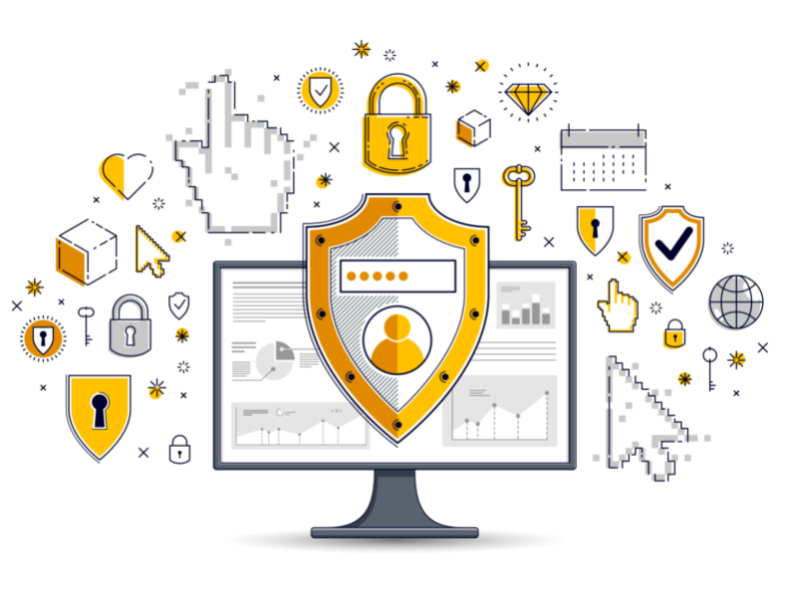
There should be enough reasons to conduct regular backups, but security is chief among them. Along with many other types of cyber crime, ransomware has been on the rise in recent years.
When a ransomware group locks your data and demands a ransom, the potential damage is reduced when data is backed up. As ransom demands have been increasing and some businesses may not be able to pay, backing up is always a sensible precaution. It’s also a good idea for times of outages, which could have many different causes.
Employee training

Best security practices should not only be the preserve of the security team, nor should they be just a set of regulations that employees are supposed to follow.
Employees need to understand the real reasons for IT security on an everyday basis, so companies need to introduce regular and ongoing security training that’s engaging and effective. When there’s employee buy-in as something that’s for the sake of all members of the company, a healthy security culture will be created.
Good security practices keep small businesses safe
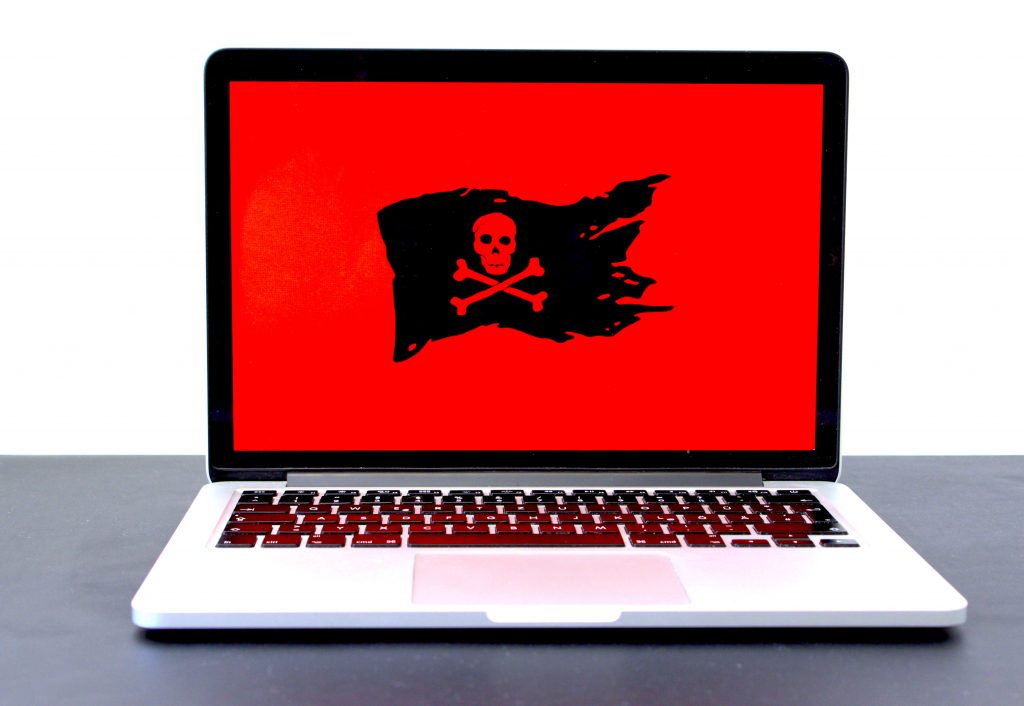
Now that cybercrime is a very real threat to all businesses and individuals, good security practices are particularly useful for everyone. We all have many reasons to maintain high levels of security at all times, but it’s also easy for anyone to forget this.
Security calls for extra efforts from everyone in the organization. A secure business can not only improve its productivity and efficiency but look to a bright future of continued growth.




